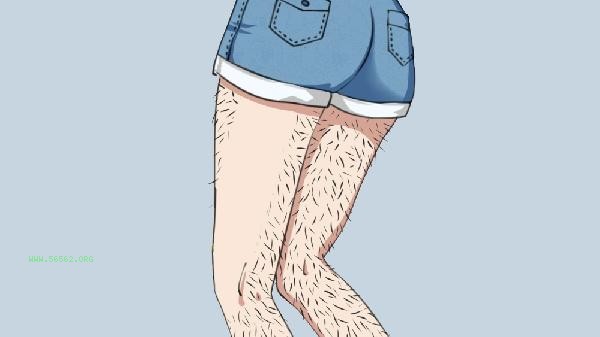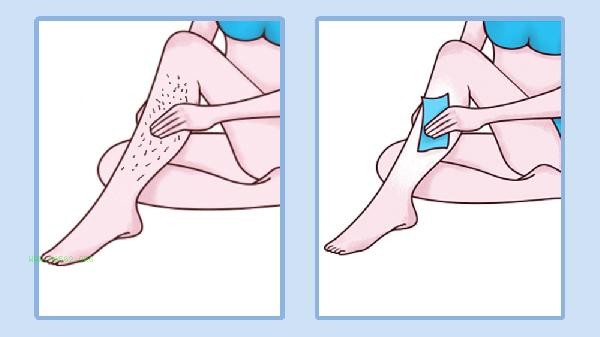White hair may be related to a lack of trace elements such as copper, iron, zinc, vitamin B12, iodine, etc., which can be improved by adjusting nutrient intake. Insufficient trace elements can affect melanin synthesis, leading to premature hair whitening.
1. Copper
Copper is an important component of tyrosinase and participates in the process of melanin production. Lack of copper may lead to decreased hair pigmentation, manifested as increased white hair. Animal liver, shellfish, nuts and other foods are rich in copper, and moderate supplementation can help improve hair color. Long term vegetarians or individuals with gastrointestinal absorption disorders should pay more attention to copper intake.
2. Iron element
Iron deficiency can affect the oxygen supply to hair follicle cells, indirectly interfering with melanin synthesis. Iron deficiency anemia patients often have early white hair. Red meat, spinach, black fungus and other foods are rich in iron, and when combined with vitamin C foods, they can increase absorption rate. Women who experience excessive blood loss during menstruation should pay special attention to their iron nutrition status.
3. Zinc
Zinc participates in protein synthesis and cell regeneration, and is crucial for hair follicle health. Oysters, beef, pumpkin seeds and other foods have a high zinc content. Long term diarrhea or diabetes patients may have zinc malabsorption, and need to appropriately increase zinc rich food intake.
4. Vitamin B12
Vitamin B12 deficiency can lead to pernicious anemia and affect the function of hair follicle pigment cells. Animal liver, eggs, and dairy products are the main sources, and strict vegetarians need to obtain them through fortified foods or supplements. Reduced gastric acid secretion in middle-aged and elderly people may affect B12 absorption.
5. Iodine
Iodine is an essential element for thyroid hormone synthesis, and abnormal thyroid function may cause white hair. Kelp, seaweed, iodized salt, etc. can effectively supplement iodine elements. Coastal residents usually do not lack iodine, while inland residents need to pay attention to supplementing in moderation. Improving white hair requires comprehensive conditioning. In addition to ensuring the intake of the above-mentioned nutrients, excessive mental stress, smoking, and other factors that accelerate the formation of white hair should also be avoided. Regular sleep and moderate scalp massage can promote blood circulation in the head. If white hair suddenly increases significantly or is accompanied by other symptoms, it is recommended to seek medical attention to rule out pathological factors such as thyroid disease and vitiligo. Pay attention to diversification in daily diet, avoid picky eating, and if necessary, conduct trace element testing and targeted supplementation under the guidance of a doctor.









Comments (0)
Leave a Comment
No comments yet
Be the first to share your thoughts!